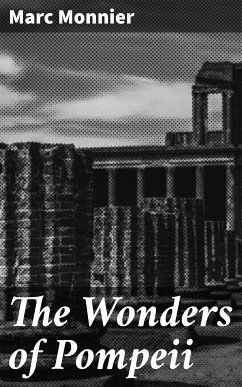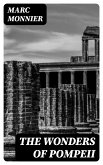Marc Monnier's 'The Wonders of Pompeii' is a vivid and detailed account of the ancient city that was frozen in time by the volcanic eruption of Mount Vesuvius. Monnier's literary style beautifully captures the grandeur and tragedy of Pompeii, offering readers a glimpse into the daily lives and customs of its inhabitants. The book is a blend of historical research and imaginative storytelling, bringing the city and its people to life in a way that is both informative and engaging. Monnier's descriptions of the ruins, artifacts, and frescoes found in Pompeii are both meticulous and evocative, painting a picture of a world long lost but not forgotten. This book is a must-read for history buffs, archaeology enthusiasts, and anyone fascinated by the mysteries of the ancient world. Marc Monnier's expertise in the subject matter and his passion for storytelling shine through in every page, making 'The Wonders of Pompeii' a truly captivating read that will transport readers back in time to experience the wonders of this extraordinary city.
Dieser Download kann aus rechtlichen Gründen nur mit Rechnungsadresse in A, B, BG, CY, CZ, D, DK, EW, E, FIN, F, GR, H, IRL, I, LT, L, LR, M, NL, PL, P, R, S, SLO, SK ausgeliefert werden.









